Of 13th Century Poets and Hollywood Conspiracies
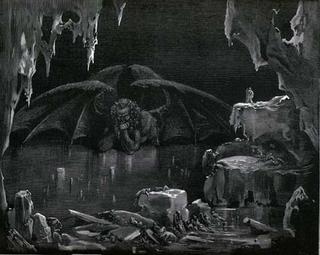 A little while ago, The Daily Missive posted about the influence of the 13th century Italian poet Dante Alighieri, famous for his epic The Divine Comedy. The Daily Missive ended his post by noting: Dante is regarded by many as the Greatest Writer of all time. Perhaps it is impossible to judge such a thing, but the great T.S. Eliot said the following: 'Dante and Shakespeare divide the modern world between them, there is no third.'Anyone who has been hanging around here for a while probably knows that I disagreed with that. I posted a comment saying: Shakespeare was a Christian, too, and his worldview was very much a Christian one. I don't think Hollywood ignores Dante because he was a devout Christian. It probably has more to do with a perception that there wouldn't be any money in adapting his work.In classic ping pong fashion, Missive responded by saying: 1.) You say:Rather than post a mile-long response to that, I thought it better to just return the serve here. Plus my browser ate my comment when I tried to post it, prompting me to swear under my breath for the rest of the day. Anyways, not surprisingly, I disagree again, for several reasons. First, I don't think we should dismiss the Christian themes of Romeo and Juliet. Yes, Romeo and Juliet is a love story. But many Christians read the book of Song of Songs as a metaphor for God's love for his people. I don't necessarily buy that interpretation because I think it's just a convenient way for Christians to avoid dealing with the issue of sex. But if that reading applies to an erotic love poem like Song of Songs, it surely also applies to a love story like Romeo and Juliet. Also, we can read Romeo and Juliet as a treatise against revenge, impulsive behavior, and suicide. Surely those are also Christian themes to some degree. I also don't think it's fair to say that Hollywood, Broadway, etc., ignore Shakespeare's other plays. A quick glance at the Internet Movie Database shows that at least 69 adaptations of Shakespeare's work have been produced or are in the works since 2000. Admittedly not all have been in this country or from Hollywood's ilk. But many have. And it's quite a diverse mix, everything from Twelfth Night to Othello to A Midsummer Night's Dream to Macbeth to Hamlet to The Merchant of Venice. But the bottom line, I think, is that the plays of Shakespeare's that are adapted are done so because they are well known. People know Romeo and Juliet. They know Macbeth and Hamlet and Julius Ceasar. Those are the plays that are read in high school and college classrooms all across the country. So it makes sense that those are the works that will be revived. And it makes sense that you'll rarely, if ever, see The Two Noble Kinsmen, Coriolanus, or Pericles, Prince of Tyre onscreen or on the stage. Likewise, let's face facts. Dante may have been an amazing writer. He may have been an important and influential writer. But how much Dante is read today? I was an English major. I read four Shakespare plays in high school, and that wasn't in AP English courses. I took two Shakespeare courses in college, in which I read well over a dozen Shakespeare plays. I can vaguely remember reading a few brief excerpts from Dante in high school. But his work certainly wasn't studied at length. Dante didn't pop up at all in college. Perhaps that's my unique experience. But I sincerely doubt it. So if Dante isn't studied in school, if the average adult in the United States isn't familiar with Dante, why would Hollywood go out on a limb to adapt his work? As for The Passion, yes, Gibson's movie was snubbed. But the distribution issues occurred before the film made a lot of money. Gibson's film was also a foreign language film with a largely unknown cast. Originally it was rumored that the film wouldn't even have subtitles. Gibson and Jesus may both carry a lot of moneymaking clout. But I'm not sure they carry that much. Fahrenheit 9/11 also had a very difficult time finding its way to the screen. So perhaps Hollywood is more concerned with avoiding controversy and boycotts? If so, again, we're not really dealing with a bias against Christianity. We're dealing with investors who want large return and little risk. There's a danger, I think, in assuming that there's some conspiracy to hold Christians down. Do some people not like Christians? Absolutely, just like there are some people who don't like Jews, gays, women, Mexicans, and so on. But I don't think there's some sinister plot to keep Christians down. That seems not only unfounded, but also a bit narcissistic. |


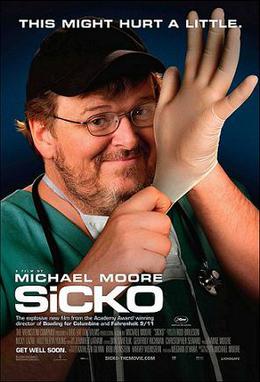

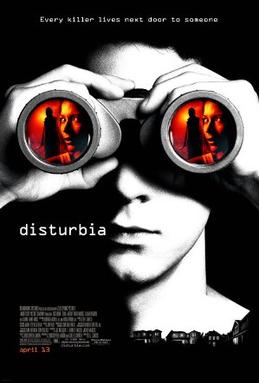







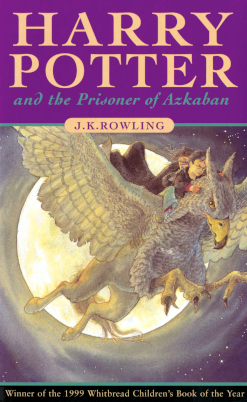
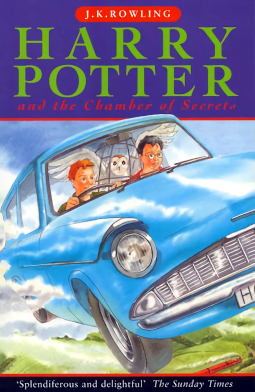



Comments on "Of 13th Century Poets and Hollywood Conspiracies"
-
 Anonymous said ... (9/23/2005 09:25:00 PM) :
Anonymous said ... (9/23/2005 09:25:00 PM) :
-
 revhipchick said ... (9/24/2005 09:43:00 AM) :
revhipchick said ... (9/24/2005 09:43:00 AM) :
-
 Delia Christina said ... (9/28/2005 12:29:00 AM) :
Delia Christina said ... (9/28/2005 12:29:00 AM) :
post a commentI agree wholeheartedly with everything you say here, Kevin.
But it might be even simpler than that. I'm no Dante scholar, but I can't think of anything that he's written that would make an even remotely interesting movie.
The Divine Comedy? It's a remarkable and elegant piece, to be sure. And perhaps it would make a fascinating travelogue. But a movie? Boring, boring, boring. Seriously.
go on kevin! it's great to see you back in bizness again!
missed your posts!
hmm, other devout members of the literary canon...i've always thought milton was unduly ignored by hollywood.
and, hey, how about the hot poetry of john donne? if we are subjected to the ickiness of 'brown bunny' i think a cinematic meditation on donne's 'flea' is perfectly reasonable.